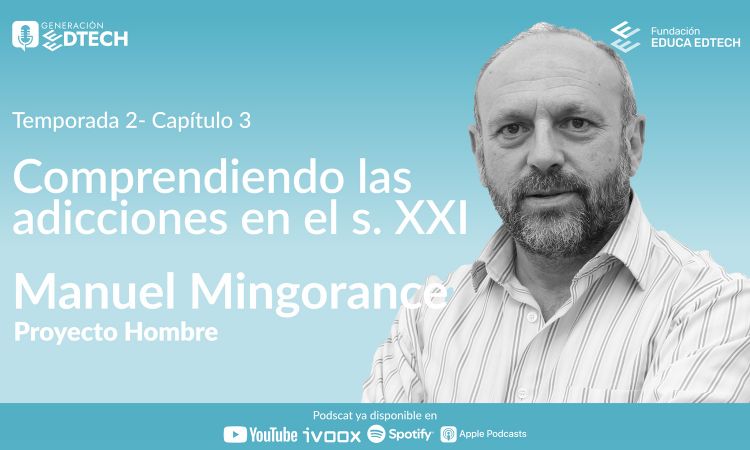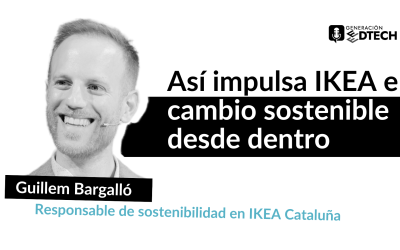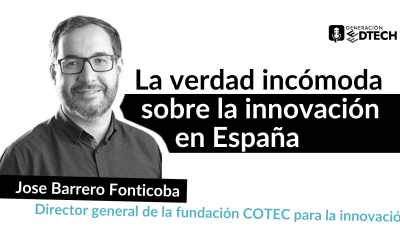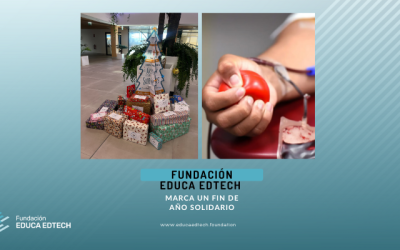- In this third episode of Generation EdTech, the director and president of Proyecto Hombre Granada, Manuel Mingorance, gives us the keys to the organization’s approach to the rehabilitation of people with addiction problems.
Founded in 2000, Proyecto Hombre Granada has a track record of more than 20 years working day after day in the treatment and prevention of addictions in this province.
On this occasion, we are joined by EdTech Generation Manuel Mingorance, president of Proyecto Hombre Granada, in a conversation marked by the problem of addictions in the current era. Throughout the interview, which is available on Spotify, Youtube and Apple Podcast, Mingorance highlights how addictions have evolved, integrating both the “old ghosts”, such as alcohol and drugs, with the “new addictions” related to technology.
“We live in a society of constant stimuli that seeks immediate gratification. We depend on consuming anything, substance or not, in order to keep up. Which will lead to problematic cases within a few years.”
But we are not only talking about the future, the president of Proyecto Hombre also analyzes the current situation, marked by the “lack of social alarm” and the lack of awareness.
“In the 80s there was a social alarm and many associations were born. Today there is no such alarm, but there is a very important addiction problem. There are thousands and thousands of people who have an addiction problem and do not seek help, which can lead to suicide. In 2002 there were 4,003 suicides, a sign of not knowing how to manage problems”.
Mingorance helps us to trace the different profiles of an addicted person. With a marked difference between men and women in the province, 19% versus 81% for men.
“I believe that an addict, deep down, is a person who is maladjusted to his or her environment. From a young age they may have lived through a situation of family destructuring, they have suffered bullying or low self-esteem. They have not had enough personal and social skills to cope with life.”
Regarding the recovery rates and the programs that are worked on at Proyecto Hombre, its president tells us that they can last around a year and a half, until the patient is discharged from therapy .
“When we give a therapeutic discharge, there is around 85% success rate without relapse and most of them are reincorporated socially and occupationally. The person who has fallen and got up is stronger than the one who has not fallen. “
To conclude, Manuel Mingorance asks us to reconsider the current situation. According to data from the World Health Organization, every year there are 2.6 million deaths attributable to alcohol consumption and more than half a million due to the consumption of psychoactive substances.
That’s why, in this episode of EdTech Generation emphasizes the importance of asking for help, turning to professionals and, ultimately, living happier lives, being masters of our own lives.



